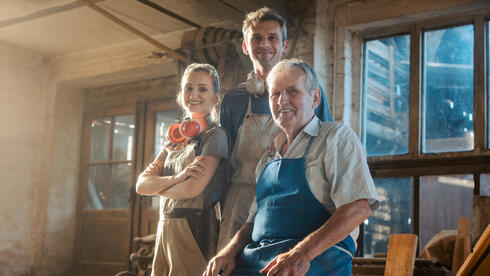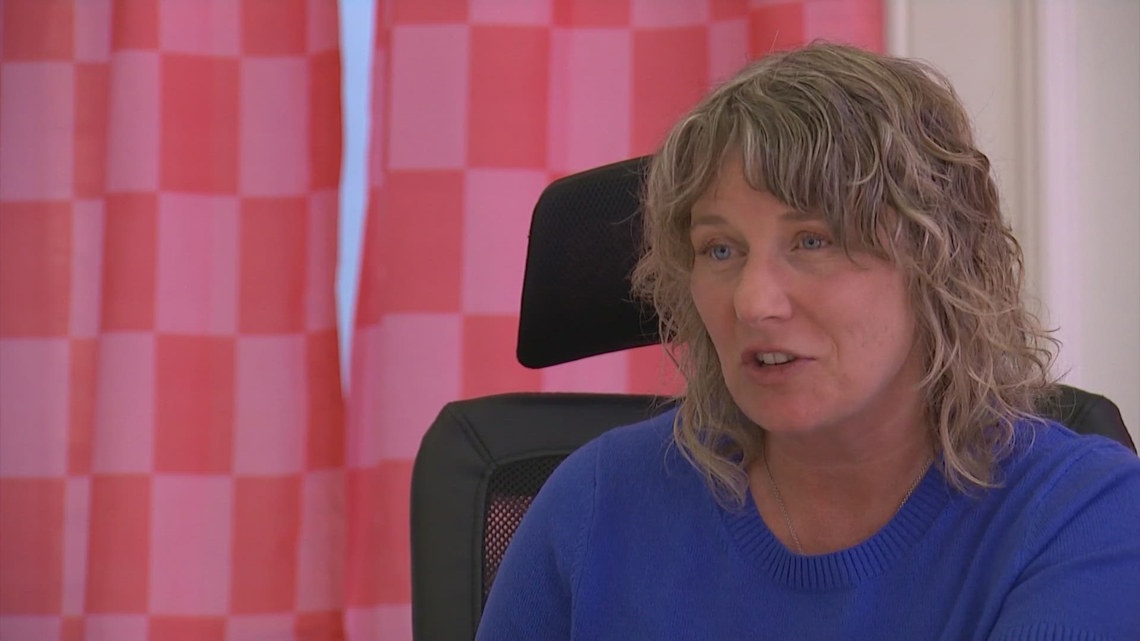After rebelling against the family business of finance, this advisor fell in love with his work

Justin Prasad, a financial advisor at BlueShore Financial Credit Union in North Vancouver, started as a teller before moving up the branch network.Supplied
In the Behind the Advice series, Globe Advisor asks advisors about their relationship with money from a young age, lessons learned over the years and how their experiences influence the advice they give to clients. We’ve also launched a Behind the Advice podcast – find all the episodes here.
Justin Prasad, a financial advisor at BlueShore Financial Credit Union in North Vancouver, talks about wanting to be a music producer when he was growing up, the “money pit” purchase he made after landing his first financial services job, and one of the best financial decisions he made early in his career.
Describe your upbringing.
My parents were born and raised in Fiji and immigrated to Canada in the late 1970s. They married here and raised me and my sister in Surrey, B.C. My dad is a blue-collar worker – he’s been working at the same power generation company for 47 years – and my mom worked at credit unions for decades before retiring two years ago. It was a middle-class upbringing.
What did you want to be growing up?
I developed a fascination with airplanes and aviation as a kid, so I used to think I wanted to be a pilot, but I wasn’t great at science, so I gave up that idea. Then, because I was really into music in my teens, I thought I wanted to be a music producer and move to New York. I had a part-time job at Sam the Record Man and had my own midnight radio show once a week in my late teens on a local radio station.
I took marketing and business in college, and my first job was working in telecom as an installer for Shaw Cable.
How did you get into the financial services industry?
I was raised in a family of bankers, including my mom and some of my aunts and cousins. Growing up, I never wanted to get into finance. It was a rebellion thing. I wanted to blaze my own path. But after I got laid off from my first job, my mom got me a job as a teller at her credit union. I had been unemployed for three months, so I decided to try it.
I immediately fell in love with the work and quickly moved up the branch network and into product development. I left for a couple of years to start my own vending machine business but then got back into financial services when my wife and I decided to start a family.
I’m glad I tried being an entrepreneur, but I missed the finance industry. I enjoy the combination of business and building relationships with people the most. I’ve been an advisor now for 22 years. I can’t imagine doing anything else at this point.
What was your first money lesson?
When I was growing up, one of our neighbours was in financial distress and offered to sell my dad his acreage for about $200,000. My dad said no; he’s very risk-averse. The property was sold to a developer a few years later who built 10 houses on it. Looking back, that was my dad’s opportunity to be a millionaire.
My dad doesn’t look at it that way. He couldn’t care less. For me, it was a lost opportunity. That’s why, during times like the 2008 global financial crisis, I didn’t look at it as the world was ending but more like an opportunity to get into the market when valuations were cheap, especially if you’re younger and looking at building long-term wealth.
What is your biggest money mistake, and what did you learn from it?
When I was in my early 20s and working at my first full-time job, I decided I wanted to buy a Mercedes, so I bought a used one for $18,000 – a lot of money for a car back then. It turned out to be a money pit. After two years, I had enough and sold the car for $5,000; it had depreciated so much. I decided to buy a new, more reliable Toyota Yaris, which I had for about eight years. My advice is to buy the most reliable car that will last the longest and not the one that makes you look cool.
What’s one of the best money decisions you’ve made?
Getting into the real estate market early in life. While working as a teller and living at home, I wanted to buy a condo and rent it out. While making $12 an hour as a teller, I saved $30,000 over three years and, with no help from my parents, bought a two-bedroom condo for $160,000 in 2004 and rented it out. In 2010, as I was getting married, I sold it for $250,000. We bought a townhouse for about $400,000 and sold it seven years later for $900,000. We then bought a house in 2021 for $1.6-million.
It was a 17-year timeline to get where we are today. The lesson is that you need to start small and be patient when investing in anything.
What advice do you have for someone who wants to work in the financial sector?
Connect with a senior advisor and offer to take them out for coffee or lunch. Ask questions to get a better idea of what their day-to-day looks like and what sort of successes or challenges they encounter to see if it might be the right fit for you.
This interview has been edited and condensed.
link





